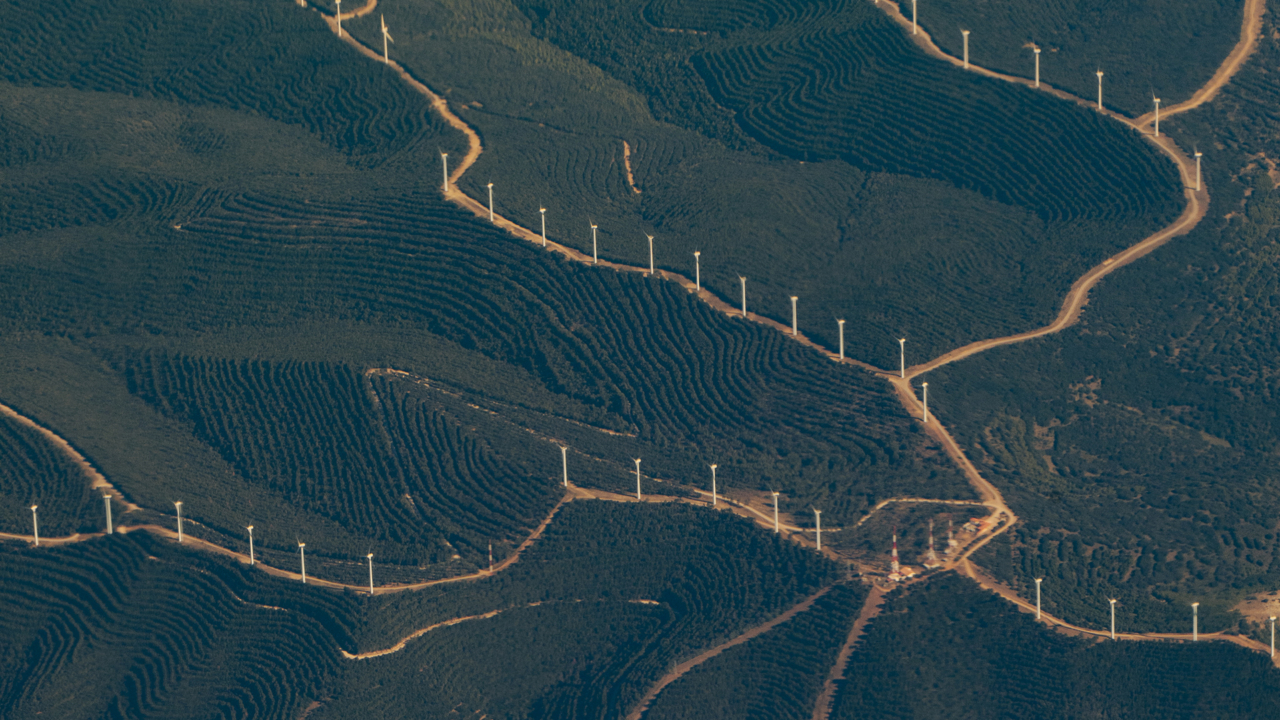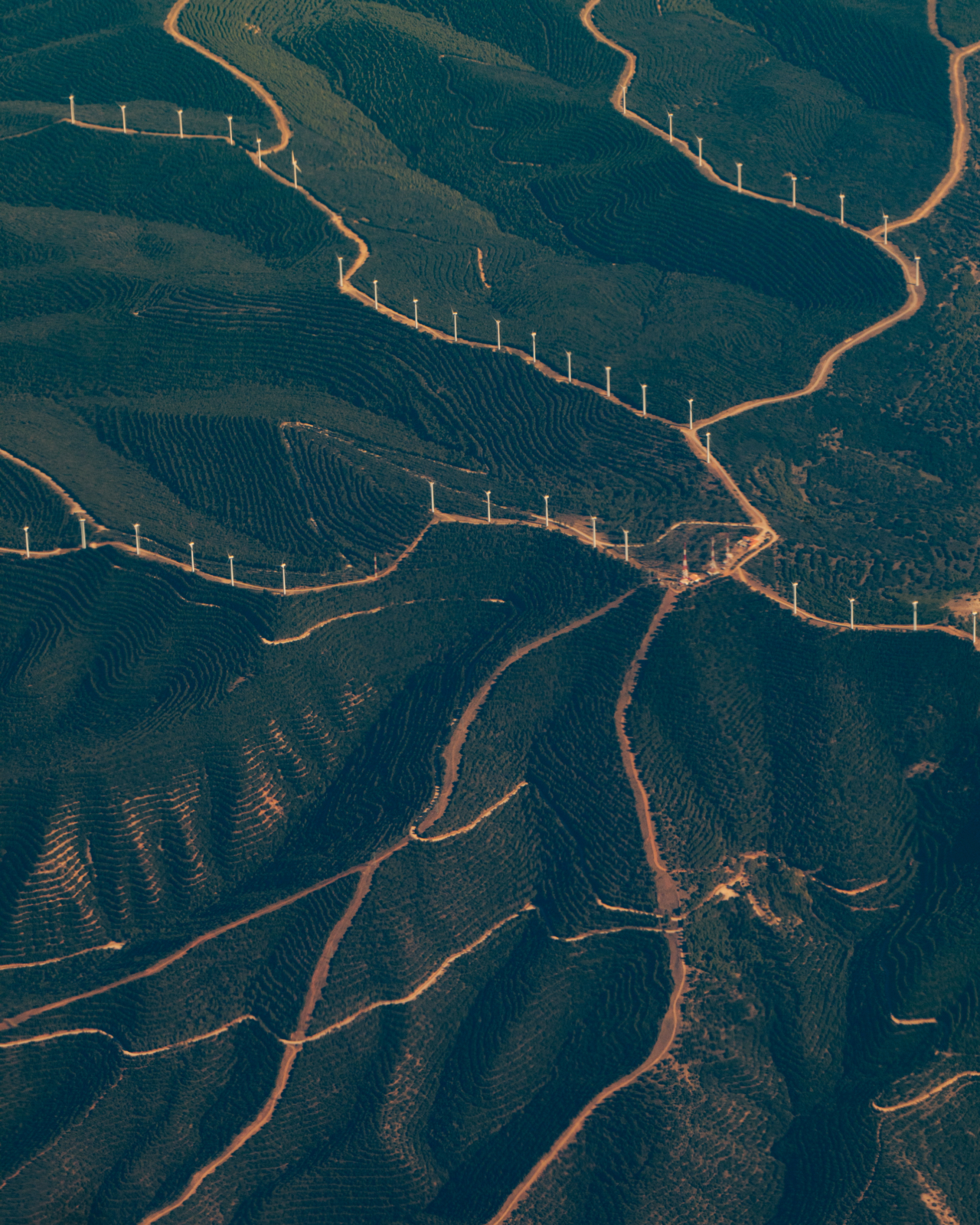

Photograph by Alex Crerey Systermans / Connected Archives
words by siri Chilukuri
Amidst a year that continues to bring record-breaking extreme heat, wildfires raging in California, and historic floods, climate mentions in the first presidential debate of the 2024 general election were noticeably scant.
Only after the first hour of the debate did CNN moderator Dana Bash ask about the climate crisis, in a debate that saw current President Joe Biden face off against former President Donald Trump. Political experts say both candidates had less than stellar performances as Biden’s remarks were at times “rambling and incoherent,” according to Vox. Meanwhile, former President Trump’s performance, though seemingly competent, was riddled with falsehoods and lies, according to Snopes and PolitiFact.
On climate, though, it was a mixed bag. Trump’s off-the-cuff references to oil and gas as “liquid gold right under our feet” and criticisms of the “green new scam” were more opinions than facts, and his factual claims were mostly misleading rather than outright false. Meanwhile, President Biden’s record on climate substantiated his mostly true claims.
Here’s what the candidates said about our planet’s most pressing issue:
Partly true. It depends on the definition of “energy independent,” which some scientists say is a political term, one coined by President Nixon in 1973, rather than a scientific one.
One definition of energy independence is when a country produces more energy than it consumes. Under that criterion, the U.S. was energy independent under both Biden and Trump. A stricter definition bars all energy imports. By that standard, the U.S. hasn’t been energy independent in more than 75 years, according to E&ENews.
Partly true, but misleading. Outdoor particulate air pollution and outdoor ozone reached low points between 2016 and 2020, but this follows a decades-long trend dating at least to 1990.
According to the Brookings Institute, the Trump administration rolled back efforts to ensure clean air and water, like refusing to strengthen national air quality standards for fine particulate matter and ozone. Additionally, a Trump administrative rule from 2020 removed Clean Water Act protections for one-fourth of wetlands, one-fifth of streams, and 30% of watersheds that provide drinking water to households, according to a study published earlier this year in the journal, Science.
In total, the New York Times counts that the Trump administration reversed 28 rules protecting air quality and eight protecting water quality.
False. The U.S. was one of several developed countries that agreed to pay into a fund that would raise $100 billion starting in 2020—this was agreed on in previous climate conferences. What the Paris Agreement in 2015 did, among other things, was extend that $100 billion a year through 2025. This ensured that countries that were historically big emitters would pay their fair share. As a part of the proceedings, China agreed to pay $3.1 billion towards climate finance goals in a deal with the U.S.
True. The Inflation Reduction Act, passed in 2022, was the largest investment in fighting climate change in U.S. history, according to Grist. The bill put forth more than $360 billion towards decarbonizing the country and is projected to cut U.S. fossil emissions anywhere from 43% to 48% by 2035.
True. Not only did President Trump pull out of the Paris Agreement, he also installed lobbyists in the EPA, rolled back key environmental protections, and installed three conservative justices on the Supreme Court leading to a severe weakening of the Environmental Protection Agency’s ability to protect wetlands through the Clean Water Act. He also used phrases like “drill, baby, drill” to describe his energy policies and did just that when he opened up the Arctic National Wildlife Refuge to oil and gas development in 2020. Just yesterday, two of Trump’s three Supreme Court appointees ruled to halt the EPA’s ability to regulate ozone emissions in areas downwind of power plants.
Partly true. Though pandemics, nuclear disasters, and AI could pose threats to humanity, the first two are also worsened by climate change. Rising temperatures are reshuffling species ranges, which could spur pathogens to jump between species and possibly cause the next pandemic. Meanwhile, extreme weather poses safety risks at nuclear facilities.
From a semantic perspective, experts quibble over whether the threat of climate change is existential, meaning it can annihilate all of humanity, or catastrophic yet survivable. One IPCC climate scientist has said that a worst-case climate change scenario could destroy our civilization, but our species would survive. Others have noted that there is a very low probability that climate change would cause humans to go extinct.
Fact-Checked: Trump’s and Biden’s Climate Claims at First Presidential Debate